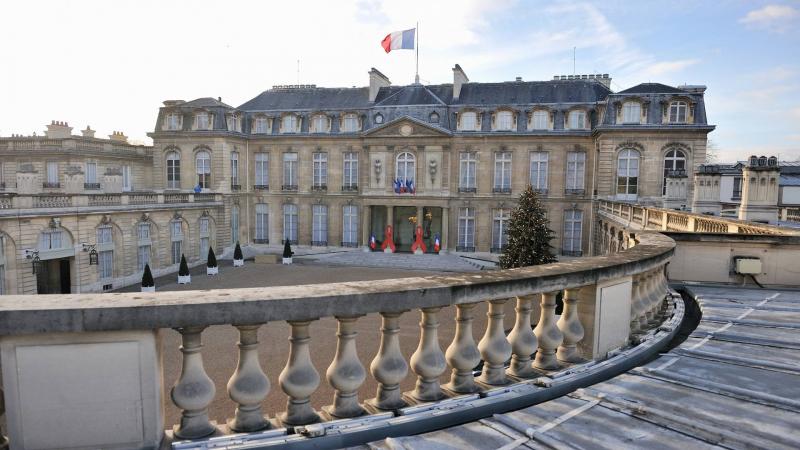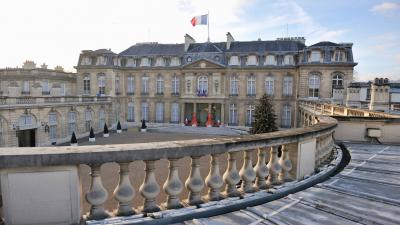This year ends with a high mountain of political, economic, and living crises, and the new year approaches, inheriting this heavy burden without any indication that it will be a year of solutions for these crises, amid a clear incapacity and a missing will from the decision-makers to address the existing challenges and work on resolving them. The presidential elections have become a matter of the unknown, while the economic and living conditions have reached a dire state of collapse. The Lebanese citizen can no longer endure, left to their fate, and the countries that are supposed to assist Lebanon in overcoming this crisis are preoccupied with their own crises, which they consider priorities over the Lebanese situation. Thus, we are headed into a year fraught with similar crises and political tensions, with no proposals or plans in sight to help us escape our predicaments.
One day separates us from the new year, and the political and economic crisis engulfing Lebanon is expected to continue for weeks, and possibly months to come, with 2023 potentially being a mirror image of the previous years, perhaps even worse. The only positive sign recorded in the last quarter of this year is the French gesture toward Lebanon, manifested by French President Emmanuel Macron sending his defense minister to Lebanon with a message inviting officials to recognize the impending dangers facing Lebanon by expediting the election of a president, forming a new government, and pursuing the reform package requested by the international community to help Lebanon overcome its crisis.
If the French move toward Lebanon is a good omen that there are still those thinking about Lebanon, the circumstances do not suggest that the visit of the French envoy will lead to progress toward resolving the presidential crisis, as the French minister does not carry with him ideas or proposals, but rather his tour of officials is solely focused on highlighting the risks that Lebanon could face due to the ongoing stalemate and the Lebanese neglect of these dangers unless they promptly arrange their internal affairs and address the economic crisis that exceeds Lebanon to the world.
In this context, political sources confirmed that the French minister, Sébastien Lecornu, who has previously visited Lebanon and is sufficiently aware of the Lebanese political situation, will not exceed his role beyond urging Lebanese officials to expedite the election of a president and prevent the vacancy in Baabda Palace, as well as to accelerate the reform processes. The sources emphasized that the French official would not be tasked by the Élysée Palace with any desire for a special conference on Lebanon similar to previous conferences, as Paris is fully aware that the regional and international conditions are unsuitable for holding such a conference. Furthermore, France desires that the decision-makers in Lebanon address their problems themselves and not rely on foreign assistance, which cannot support the Lebanese unless they first help themselves.
These sources believe that food security has entered a phase of peril, and the continued runaway price of the dollar, in parallel with the economic collapse, may soon lead to a social explosion, which could in turn prompt security breakdowns. Signs of this situation are worsening daily through the increased incidents of theft and unregulated hikes in food prices amid the absence of state oversight, which encourages merchants more and more to engage in price hikes aimed at maximizing profits.
The sources contend that addressing the monetary and social situations has become more urgent than electing a president, as this file poses a real danger to the Lebanese situation. This must happen through the declaration of an economic state of emergency and the formulation of a response plan to mitigate the ongoing escalation of this crisis.
Therefore, these sources predict that the first quarter of the new year will not bring any solutions to the existing crises. On the contrary, the political clashes that erupted on multiple fronts in the last week of this year indicate that the upcoming days will be fraught with dangers in the absence of any role for peacekeepers to reduce the fiery political fronts. The continued entrenchment of each party behind its position will only exacerbate the situation, unleashing further political stagnation that hinders any attempt to resolve any of the proposed crises. Moreover, what has transpired points to the fact that the state of political confusion will extend further into the new year, with no signs on the horizon that the upcoming year will be in better shape than the year that has only hours left.




